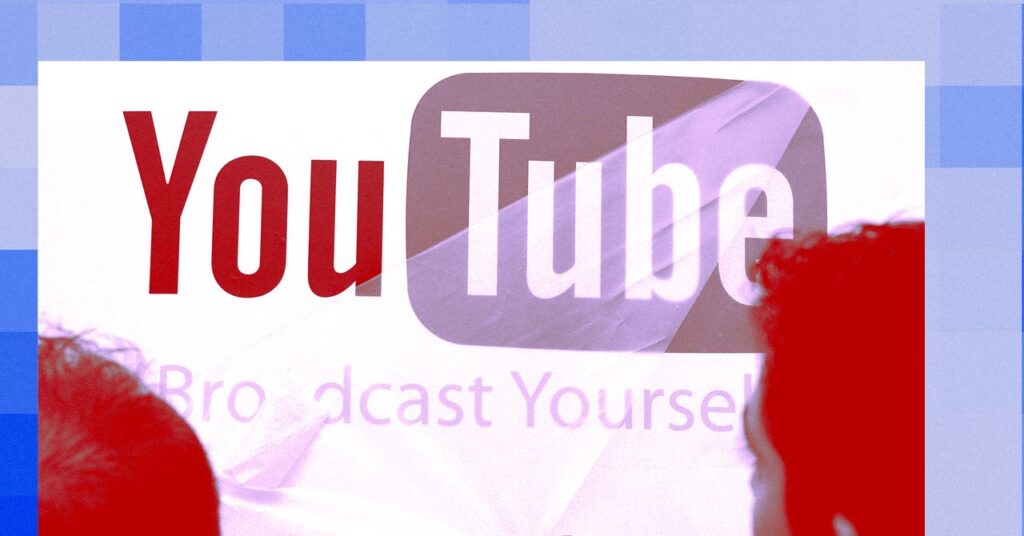Google figured out early on that video would be a great addition to its search business, so in 2005 it launched Google Video. Focused on making deals with the entertainment industry for second-rate content, and overly cautious on what users could upload, it flopped. Meanwhile, a tiny startup run by a handful of employees working above a San Mateo, California, pizzeria was exploding, simply by letting anyone upload their goofy videos and not worrying too much about who held copyrights to the clips. In 2006, Google snapped up that year-old company, figuring it would sort out the IP stuff later. (It did.) Though the $1.65 billion purchase price for YouTube was about a billion dollars more than its valuation, it was one of the greatest bargains ever. YouTube is now arguably the most successful video property in the world. It’s an industry leader in music and podcasting, and more than half of its viewing time is now on living room screens. It has paid out over $100 billion to creators since 2021. One estimate from MoffettNathanson analysts cited by Variety is that if it were a separate company, it might be worth $550 billion.
Now the service is taking what might be its biggest leap yet, embracing a new paradigm that could change its essence. I’m talking, of course, about AI. Since YouTube is still a wholly owned subsidiary of AI-obsessed Google, it’s not surprising that its anniversary product announcements this week touted AI features that will let creators use AI to enhance or produce videos. After all, Google Deepmind’s Veo 3 technology was YouTube’s for the taking. Ready or not, the video camera ultimately will be replaced by the prompt. This means a rethinking of YouTube’s superpower: authenticity.
YouTube’s Big Bang
I had that shift in mind when I recently interviewed YouTube CEO Neal Mohan at his office at YouTube’s San Bruno, California, headquarters. Mohan took over as CEO in 2023 when his boss, Susan Wojcicki, left her post due to a fatal cancer. But first we chat a bit about the company’s history. Mohan reminds me that his own connection with the service began even before he joined Google in 2008, after his ad company DoubleClick merged with the search giant. He was struck by how the YouTube founders were first with a revelation that, he says, remains the core of the service. “It was not just that people were interested in sharing short clips about themselves and that it was done without a gatekeeper,” he says, “but that people were interested in watching them. That was the big bang inflection point. Our mission is to give everyone a voice and show them the world.”
Critics of Google’s power often argue that not only the public but also YouTube itself might benefit from a split from the mother company. Just think what the world’s biggest video company could do if it were truly independent. Mohan, a self-admitted Google loyalist, disagrees. “I don’t believe YouTube would be where it is if it weren’t part of Google,” he says. He says that being part of a giant company allowed YouTube to make long-term bets on things like streaming and podcasting. When I ask whether YouTube might be even more innovative on its own, he reminds me that YouTube has been sufficiently innovative to challenge legacy media in things like live sports while fending off challenges from competitors focusing on the creator economy.
YouTube has an advantage in breadth that Tiktok and Reels can’t dream of … “everything from a 15-second short to a 15-minute traditional long-form YouTube video to a 15-hour livestream and everything in between,” Mohan crows.
It’s currently pressing another advantage: Google’s AI technology. The announcements this week range from fun features like putting you or your friends’ bodies into videos showing astonishing acrobatic feats or allowing podcasters to make instant television shows from their audio conversations by having AI create visuals that resonate with the content of the chatter. Mohan says that, in a sense, AI is just the latest enhancement of the service. “When YouTube was born 20 years ago it was about using technology for more people to have their voice heard,” he says. “With AI, it’s the same core principle—how do we use technology to democratize creation?”

